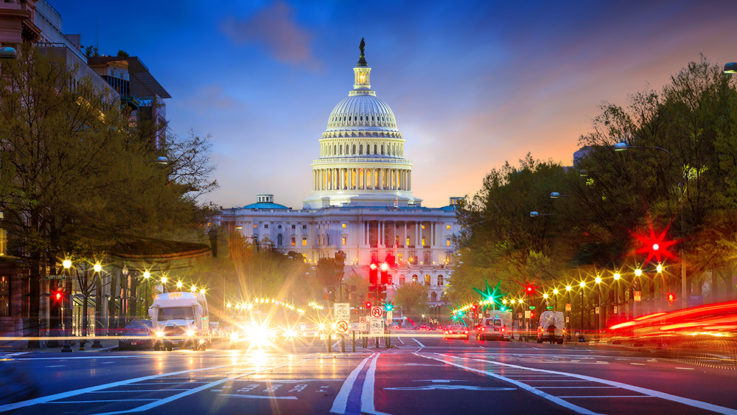
Washington D.C.’s Office of the Deputy Mayor for Planning and Economic Development (DMPED) and the Southwest Business Improvement District (SWBID) have formed a public-private partnership in order to create a Mobility Innovation District (MID). The multi-year mobility project will pilot innovative transportation services – such as on-demand shuttles and electrification hubs – and seek to spur economic development and job creation. The project is funded by a US$3 million grant from DMPED.
MID will be located in the city’s Southwest quadrant, where it will seek to improve equitable access to transportation for residents and visitors, while also creating a global innovation hub “to show how mobility can make a city more equitable, sustainable, safe and prosperous.” It’s hoped that the presence of the MID will attract mobility companies that bring new technology to market and create jobs in DC.
“Through the activation of our beautiful waterfront, we have brought more jobs, opportunities, retail, restaurants, and entertainment to Southwest DC. In turn, that means more people coming to and through the community,” said Mayor Muriel Bowser. “By creating the Mobility Innovation District, we can reduce congestion, ensure more neighbors are benefiting from new opportunities, and build a greener, more sustainable DC.”
One of MID’s first projects started with Requests for Proposals for projects focused on Universal Basic Mobility (UBM) and electrification. UBM would provide residents with a transportation stipend that could be used on a range of public and privately operated transportation options. MID will also focus on delivering electric vehicle charging infrastructure in public places where it does not currently exist, to support the adoption of electric vehicles and micro mobility modes, such as electric scooters and bicycles.
“Mayor Bowser and the MID are working together to modernize our transportation infrastructure to increase the modes of transportation and create systems to make our public transportation system more accessible to seniors, people with disabilities, and low-income residents,” said Washington, D.C. Deputy Mayor John Falcicchio. “One in four adults nationwide lacks access to safe, reliable transportation. The solutions we uncover will help create a more equitable city and create models that can be replicated nationally, so every Washingtonian and American can access opportunities and make the most of their fair shot.”